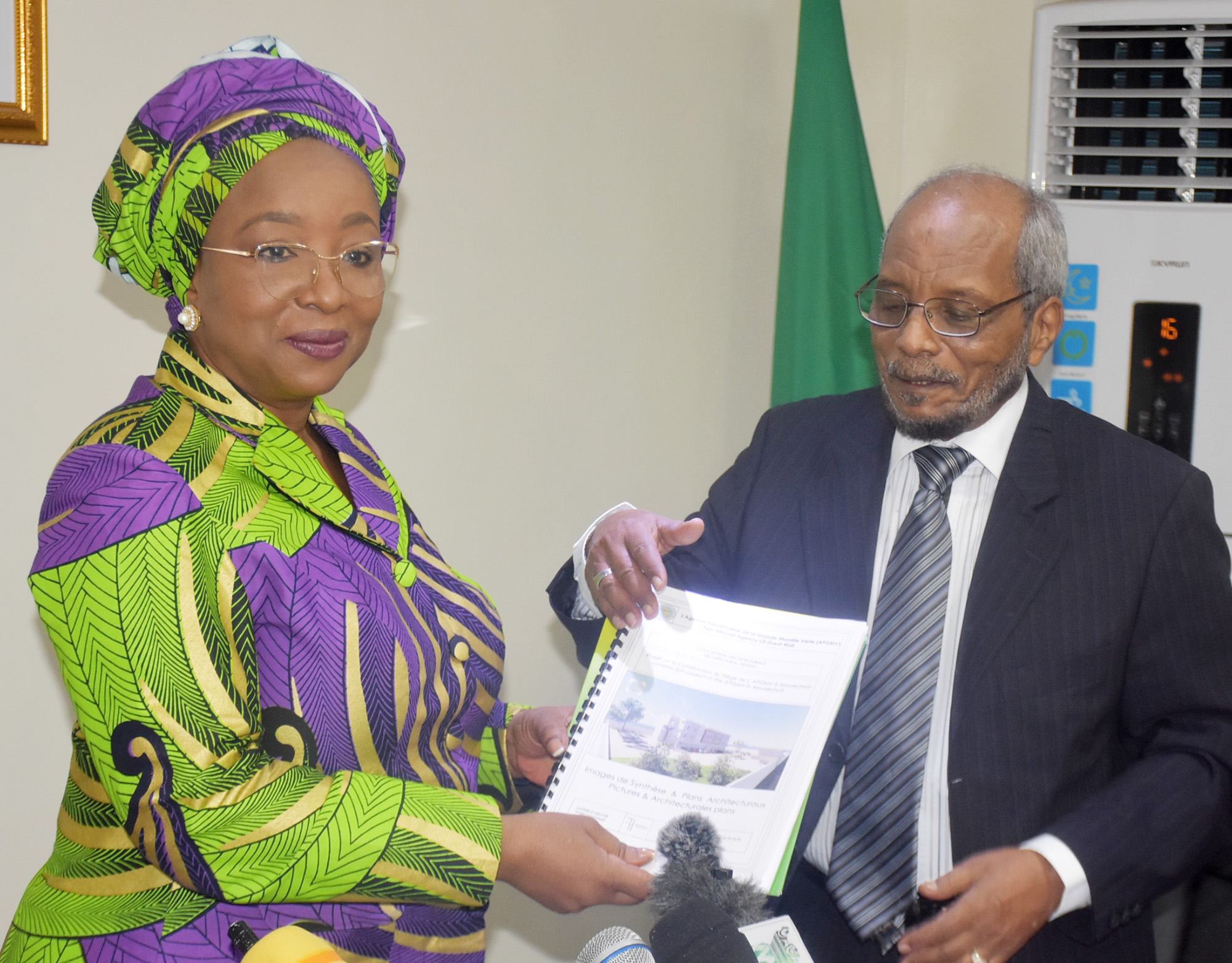Business
LCCI, Shareholders Want More Support For Diversified Export

For Nigeria to become a major player in the African Continental Free Trade Agreement (AfCFTA) initiative, and globally, there is a need for government to focus more on promoting the non-oil sector and create targeted funding for selected export-oriented sectors such as agriculture, manufacturing, creative arts and entertainment.
The Director-General of Lagos Chamber of Commerce and Industry (LCCI), Dr. Chinyere Almona, said this would enable the country to enhance its competitiveness and rev up Nigeria’s share of global and Africa trade currently put at just 0.26 per cent and 19 per cent.
Speaking on the theme: ‘African Continental Free Trade Agreement: Matters Arising’, at the 2022 yearly symposium of the Issuers and Investors Alternative Dispute Resolution Initiative (IIADRI) held in Lagos recently, Almona bemoaned Nigeria and Africa’s low contribution to global trade, despite the continent’s trade prospects.
However, she expressed hope that leveraging AfCFTA initiative would enable Nigerian manufacturers to tap into the global market, increasing industrialisation and boosting economic growth.
Represented by the Assistant Director, Research and Advocacy, LCCI, Sunny Michael, she said UNCTAD’s Global Trade update showed that world trade in goods remained strong, while trade in services had returned to its pre-COVID-19 levels in 2021.
She, therefore, insisted that Nigeria and other African countries must step up the game to play a more active role in global and regional value chains.
According to her, governments at all levels should support producers in the areas of capacity building and technical assistance to improve the quality of products for export, as well as ensure that the country’s products can easily access other markets.
“We need a conducive regulatory environment for export and manufacturing. Government should consider establishing agro-industrial parks strictly focused on the production of goods meant for export.
“Corporate strategies also matter; we must have a strategy for supply chain and explore resources for our own benefit. It is cheaper and more sustainable,” she said.
Also speaking at the event, Executive Secretary, Nigerian Investment Promotion Council (NIPC), Emeka Offor, urged shareholders to ensure that operators of listed firms restrategise to benefit from the AfCFTA and boost their investment.
According to him, there is a need for Nigerian firms, especially quoted companies to identify and tackle issues that would pose a threat to the realisation of the benefits of the AfCFTA in Nigeria before the full take-off of the initiative.
He stated that information through intelligence gathering is very critical to keeping operators ahead of trends to enable them to reposition appropriately and benefit from the programme.
Offor said international trade has its own uncertainties and risks, and that that the more Nigerian business operators understand the market, the more they take advantage of the unlimited demand and innovation along the supply chain.
Business
Fidelity Bank To Empower Women With Sustainable Entrepreneurship Skills, HAP2.0
Business
President Tinubu Approves Extension Ban On Raw Shea Nut Export
Business
Crisis Response: EU-project Delivers New Vet. Clinic To Katsina Govt.
-

 News3 days ago
News3 days agoAmend Constitution To Accommodate State Police, Tinubu Tells Senators
-

 Politics3 days ago
Politics3 days agoSenate Urges Tinubu To Sack CAC Boss
-

 News3 days ago
News3 days agoDisu Takes Over As New IGP …Declares Total War On Corruption, Impunity
-
Business3 days ago
President Tinubu Extends Raw Shea Nuts Export Ban To 2027
-
Business3 days ago
Crisis Response: EU-project Delivers New Vet. Clinic To Katsina Govt.
-
Sports3 days ago
NDG: Rivers Coach Appeal To NDDC In Talent Discovery
-
Business3 days ago
President Tinubu Approves Extension Ban On Raw Shea Nut Export
-
Rivers3 days ago
Etche Clan Urges Govt On Chieftaincy Recognition

